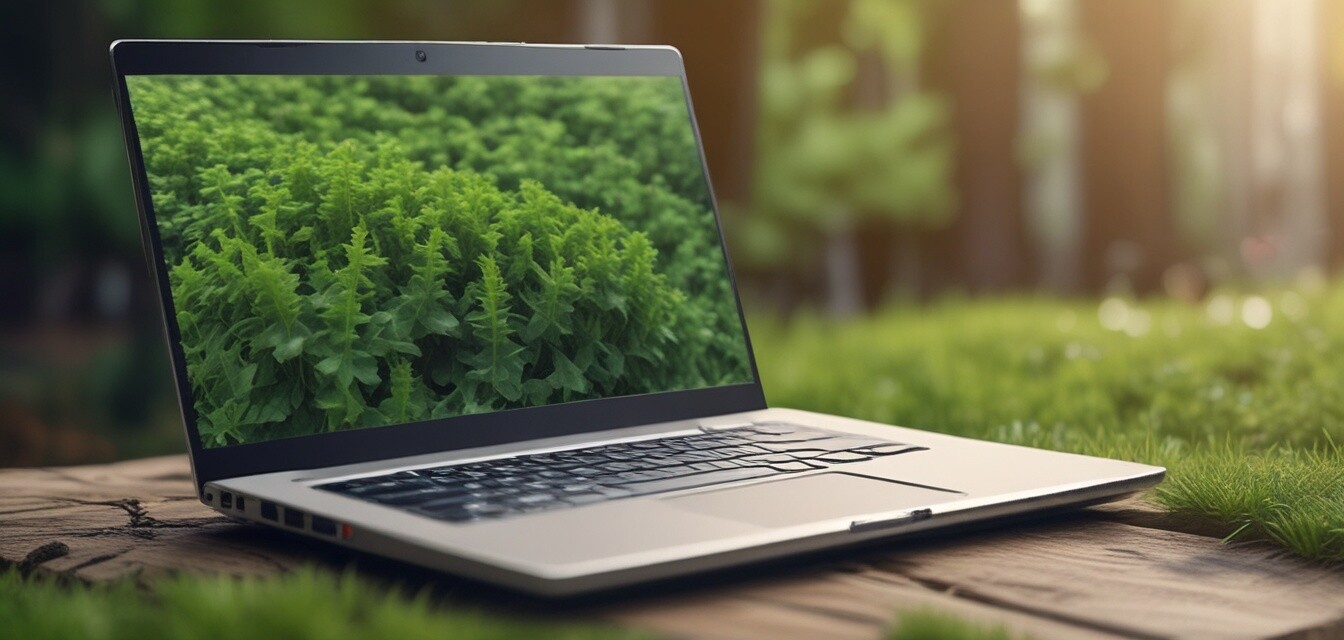
The Shift Towards Eco-Friendly Laptops
Key Takeaways
- The laptop industry is increasingly adopting eco-friendly materials.
- Manufacturers are implementing sustainable production practices.
- Consumers are becoming more conscious of their environmental impact.
- Future trends point towards innovation in sustainable laptop technology.
- Understanding the importance of eco-friendly laptops can influence buying decisions.
The rise of eco-friendly laptops signifies a transformative change in the laptop industry. As we become more aware of our environmental footprint, manufacturers are exploring innovative materials and sustainable practices. This article delves into the various aspects of this shift and highlights how these developments impact consumers and the overall market.
The importance of eco-friendly materials
Modern laptop manufacturers are recognizing the need for sustainable materials. Eco-friendly materials often reduce harmful waste and increase recyclability. Here are some common eco-friendly materials being adopted:
| Material | Description | Benefits |
|---|---|---|
| Recycled plastics | Utilized in various laptop components. | Reduces plastic waste and conserves natural resources. |
| Biodegradable materials | Made from plant-based materials. | Reduces landfill waste and promotes a circular economy. |
| Aluminum | Commonly used for laptop casings. | Recyclable and durable, offering a longer lifespan. |
| Glass | Used in screens and casing. | Recyclable and non-toxic. |
Manufacturing practices: A sustainable approach
It’s not just the materials that are changing; the manufacturing processes themselves are evolving. Here are some ways companies are embracing sustainability:
- Energy-efficient production facilities.
- Sourcing materials from certified sustainable suppliers.
- Minimizing waste through lean manufacturing techniques.
- Implementing recycling programs for old laptops and components.
Consumer awareness and demand
As sustainability becomes a key concern, consumers are gravitating towards greener options. A recent study indicated that:
- 70% of consumers consider environmental impacts when purchasing technology.
- Eco-friendly certifications influence brand loyalty.
- There is a growing demand for transparency in production practices.
Future trends in eco-friendly laptops
The future looks promising for eco-friendly laptops. Here are some trends to watch for:
- Increased use of renewable energy in manufacturing.
- Integration of smart technology that extends product life.
- Development of innovative biodegradable packaging.
- Collaborations with eco-conscious brands and organizations.
Conclusion
The shift towards eco-friendly laptops is more than just a trend; it’s a necessary adjustment to support our planet's future. By prioritizing sustainable materials and practices, manufacturers are responding to consumer demand while contributing to a healthier environment. As technology continues to evolve, so will the ways in which we create and use devices. Stay informed about the latest trends in eco-friendly practices in the laptop industry by visiting our News and Trends section.
Pros
- Reduction in environmental impact.
- Improved consumer brand loyalty.
- Long-term cost savings through energy efficiency.
Cons
- Higher initial manufacturing costs.
- Limited options for consumers.
- Changes in regulations may impact availability.
Read more about eco-friendly practices
Explore our complete guide on the importance of eco-friendly products in technology by checking out our Buying Guides. Discover more ways you can make an impact with eco-friendly technology choices.